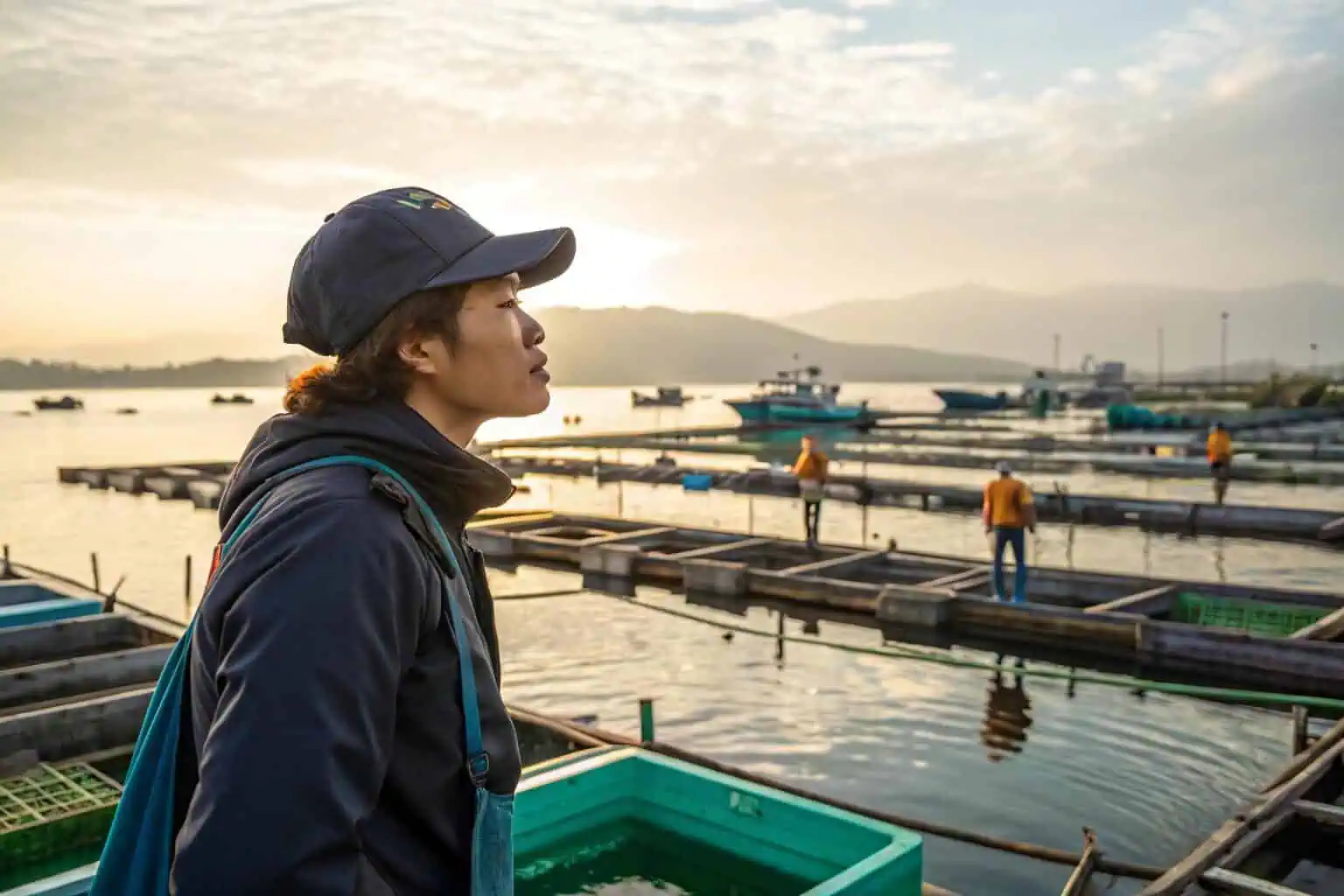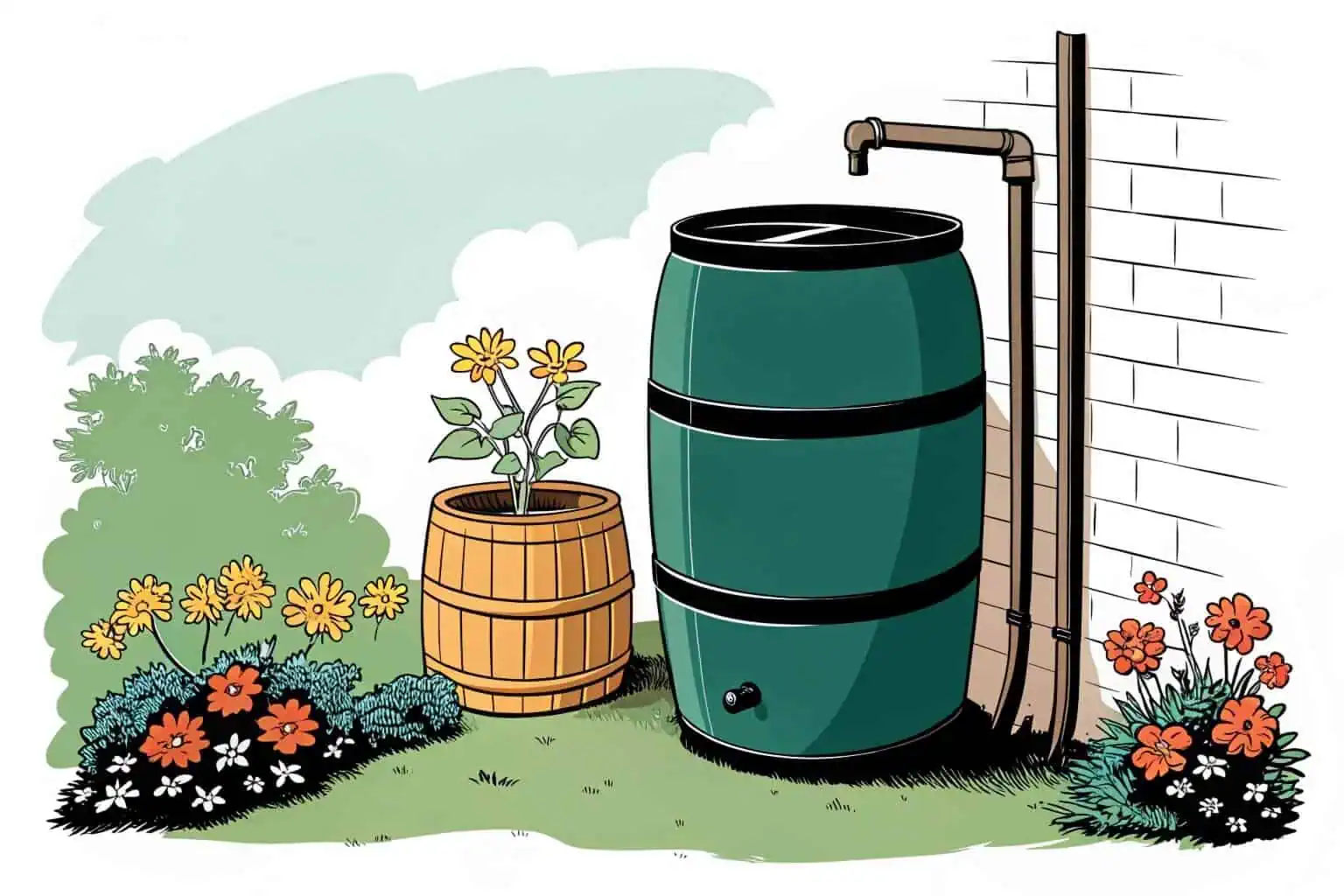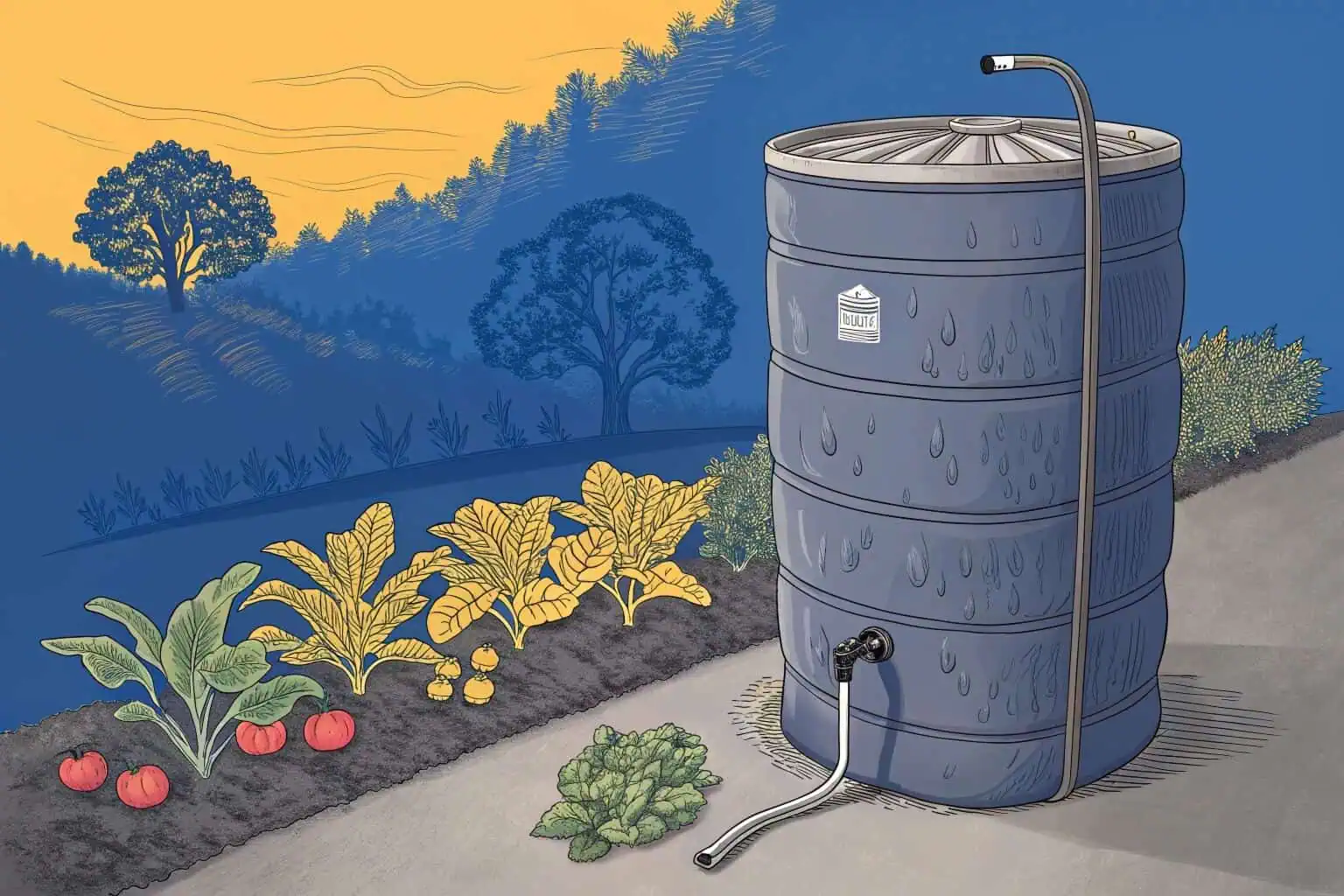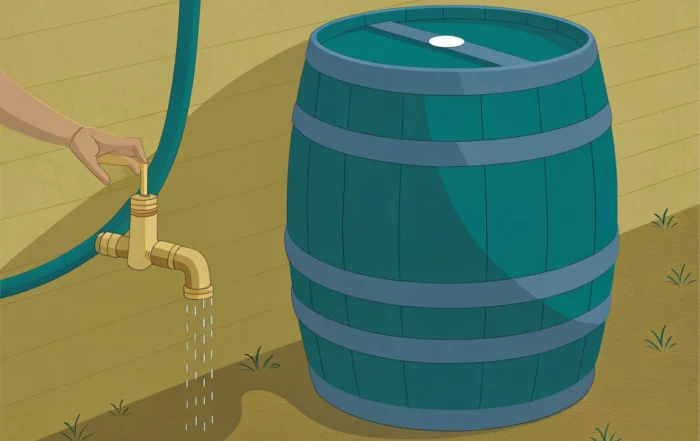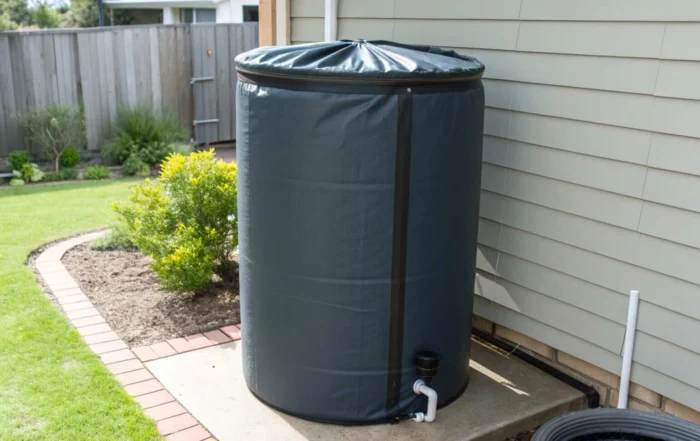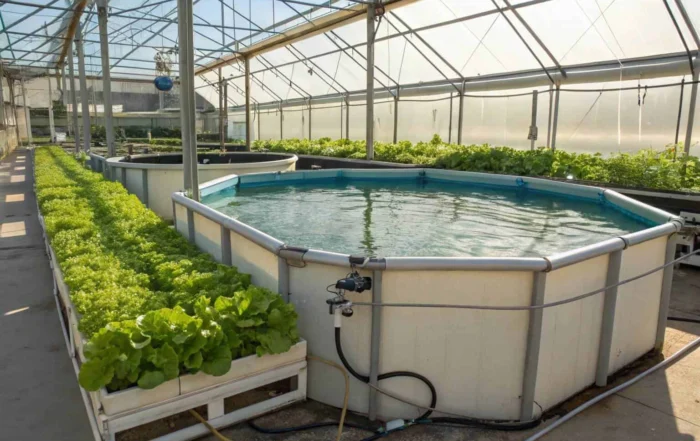Thinking about an aquaculture career but unsure where to start? The path can seem complex, but this guide will help you dive in and find your way.
To get aquaculture skills and knowledge, you generally need a mix of formal education, hands-on training, and a commitment to continuous learning. Key areas include understanding fish biology, water quality management, and the operational aspects of running a farm.
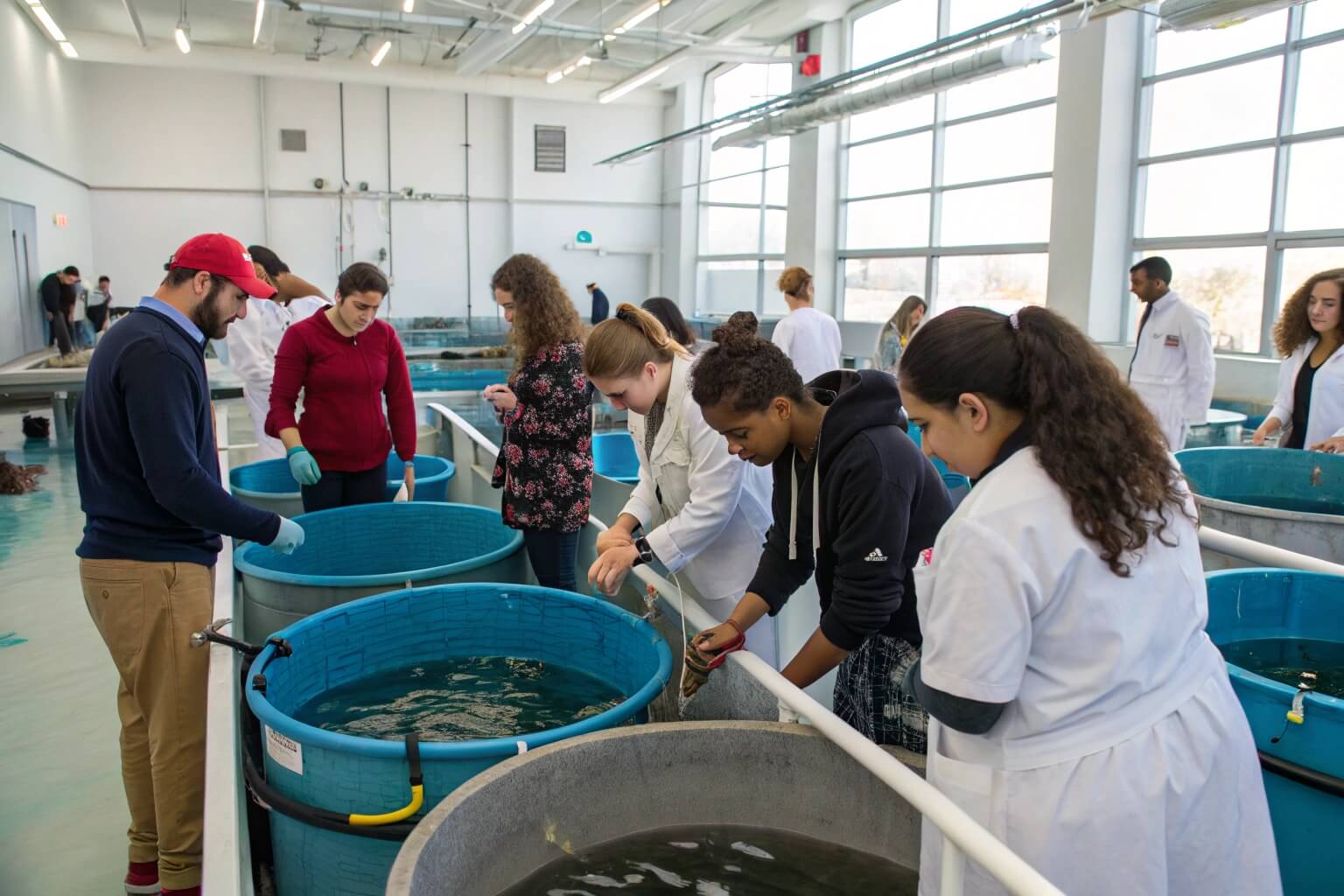
This journey into aquaculture might seem daunting, but it’s also incredibly rewarding. I’ve seen this field grow and change, and I’m excited to share what I’ve learned. Let’s break down how you can build the expertise needed for a successful career in this vital industry.
How to start a career in aquaculture?
Dreaming of an aquaculture career but wondering about that first step? It might feel like a big leap, but this section maps out your initial journey.
You can start an aquaculture career by getting relevant education or practical experience, networking with people in the field, and looking for entry-level jobs or internships to build your skills on the ground.
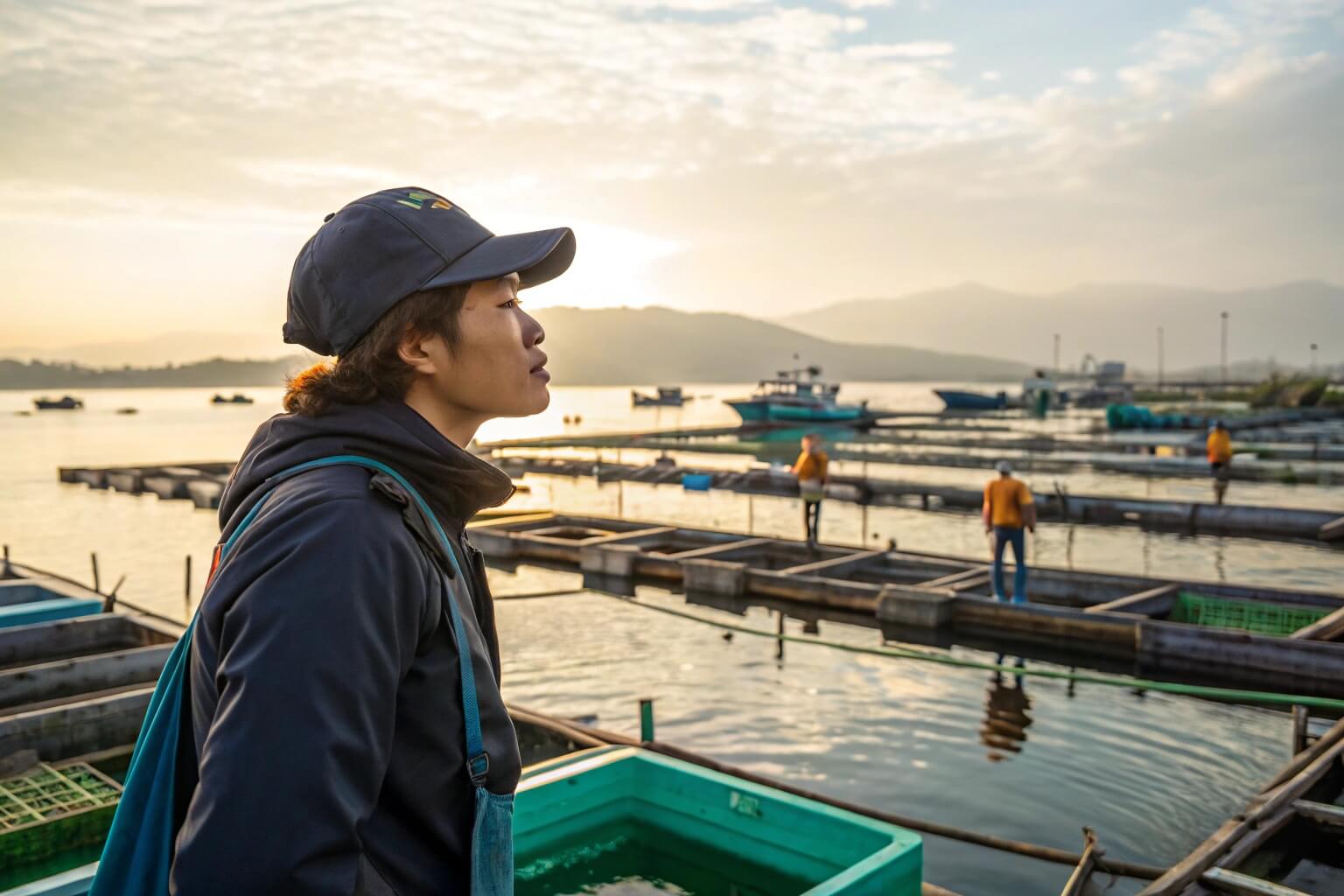
Embarking on a new career path, especially one as dynamic as aquaculture1, always begins with a few key decisions and actions. It’s about laying a solid foundation.
Your First Steps into the Aquaculture World
Launching an aquaculture career successfully involves a blend of formal learning, practical experience, and making connections within the industry.
Research and Education Choices
First, you need to figure out what kind of learning suits you. Many people start with a university degree in areas like aquaculture, marine biology2, or fisheries science. These programs give you a strong scientific background. When I first got interested in the broader applications of water management, which led me to Bancy, I spent weeks researching different educational programs to understand the fundamentals. There are also vocational training options or shorter courses that focus on specific, practical skills. These can be great if you want to get hands-on quickly.
Gaining Hands-On Experience
Book smarts are important, but in aquaculture, nothing beats real-world experience. Look for internships or volunteer work3. These opportunities are invaluable. You could find chances at local fish farms, research institutions, or hatcheries. It’s in these settings you learn the day-to-day realities. I’ve seen students and aspiring farmers use our Bancy collapsible fish tanks4 for small-scale projects to learn the basics of fish care and system management because they are easy to set up and manage. This kind of practical application is key.
Networking and Job Searching
Finally, start connecting with people. Attend industry conferences, workshops, or even local aquaculture group meetings. You can also connect with professionals online. These connections can lead to job opportunities or mentorship. When you’re ready to look for a job, entry-level positions5 or apprenticeship6s are excellent starting points.
Here’s a simple table outlining some entry paths:
| Path Type | Description | Starting Point Example |
|---|---|---|
| Academic Route | University degree followed by specialization | BSc in Aquaculture |
| Vocational Training | Hands-on courses for specific farm skills | Fish Health Short Course |
| Apprenticeship | Learning on the job under experienced staff | Farm Technician Apprentice |
Start by identifying your main area of interest within aquaculture. Then, look for relevant courses or volunteer opportunities to get your foot in the door.
What skills do you need to be an aquaculturist?
Curious about the exact skills for aquaculture success? Feeling it might be a long list? This section breaks down the essential abilities you’ll need to cultivate.
Aquaculturists need technical skills like water quality management, fish health assessment, and proper feeding techniques. Soft skills such as problem-solving, keen observation, and diligent record-keeping are also vital for success.
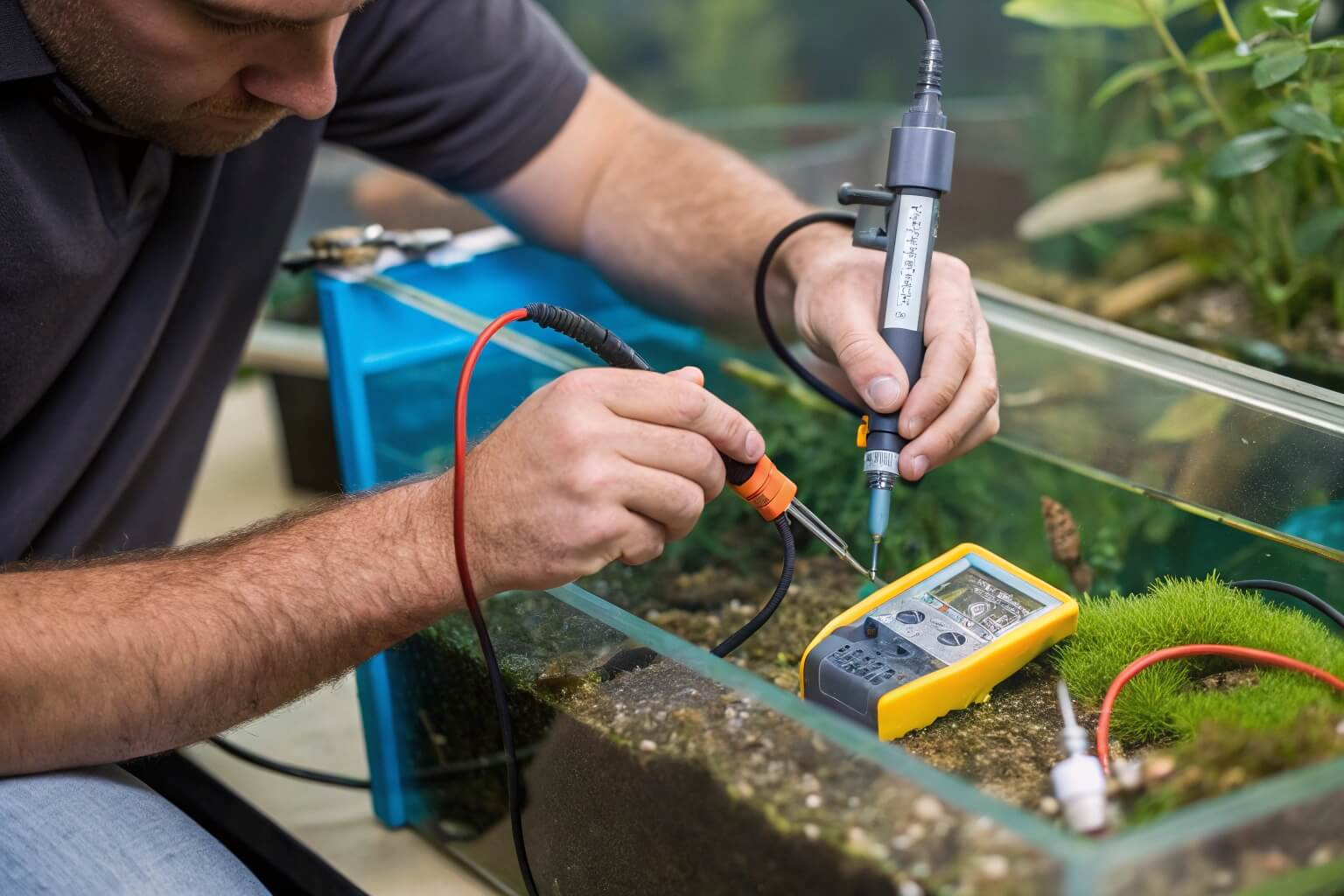
Being a successful aquaculturist isn’t just about one thing; it’s about a combination of different abilities. Let’s explore what those are.
Essential Skills for a Thriving Aquaculturist
A successful aquaculturist effectively blends technical know-how7 with crucial soft skills to manage aquatic environments and ensure healthy stock.
Core Technical Competencies
At the heart of aquaculture are the technical skills. You need to be comfortable with water quality testing8 and management – this means regularly checking parameters like pH, ammonia, and dissolved oxygen. Understanding the specific biology, behavior, and nutritional needs of the species you’re farming is critical. You’ll also need to be able to recognize signs of disease, know how to prevent outbreaks, and apply treatments if necessary. Operating and maintaining various farming systems, whether they are complex recirculating aquaculture systems (RAS)9, traditional ponds, or even knowing how to quickly deploy a Bancy collapsible fish tank for quarantine or breeding, is a practical and valuable skill.
Important Soft and Business Skills
Beyond the technical, soft skills are just as important. Problem-solving is a daily activity. You’ll constantly face small challenges that need smart solutions. Critical thinking10 helps you diagnose issues, like a sudden drop in growth rate. Meticulous record-keeping and data analysis allow you to track progress and make informed decisions. Adaptability11 is also key, as you’ll need to respond to changing environmental conditions or new technologies. From my experience at Bancy, solving a client’s unique liquid storage need with a custom tank requires sharp problem-solving, much like tackling an unexpected issue on a fish farm. If you’re thinking of starting your own venture, basic business planning and marketing skills will be essential.
Physical and Practical Abilities
Don’t forget the physical side. Aquaculture often involves manual labor. You’ll need good manual dexterity12 for handling equipment and the organisms themselves. Physical stamina is also beneficial, as much of the work can be outdoors and physically demanding.
Here’s a breakdown of key skill categories:
| Skill Category | Examples | Why It’s Important |
|---|---|---|
| Technical | Water chemistry, feed management, disease ID | Ensures optimal growth and animal health |
| Analytical | Data interpretation, problem diagnosis | For efficient and effective decision-making |
| Business (Optional) | Financial planning, market understanding | For farm profitability and sustainability |
| Soft Skills | Communication, adaptability, attention to detail | For effective teamwork and smooth operations |
My advice is to honestly assess your current skills. Then, identify areas where you need to grow and seek out courses or practical work to develop them.
What education is needed to be an aquaculturist?
Wondering about the right educational path for a career in aquaculture? Unsure if a formal degree is always a must-have? We’ll explore the various options available.
Education for an aquaculturist can range from vocational certificates and associate degrees for hands-on roles to bachelor’s or master’s degrees in aquaculture, marine biology, or related fields for more technical or managerial positions.
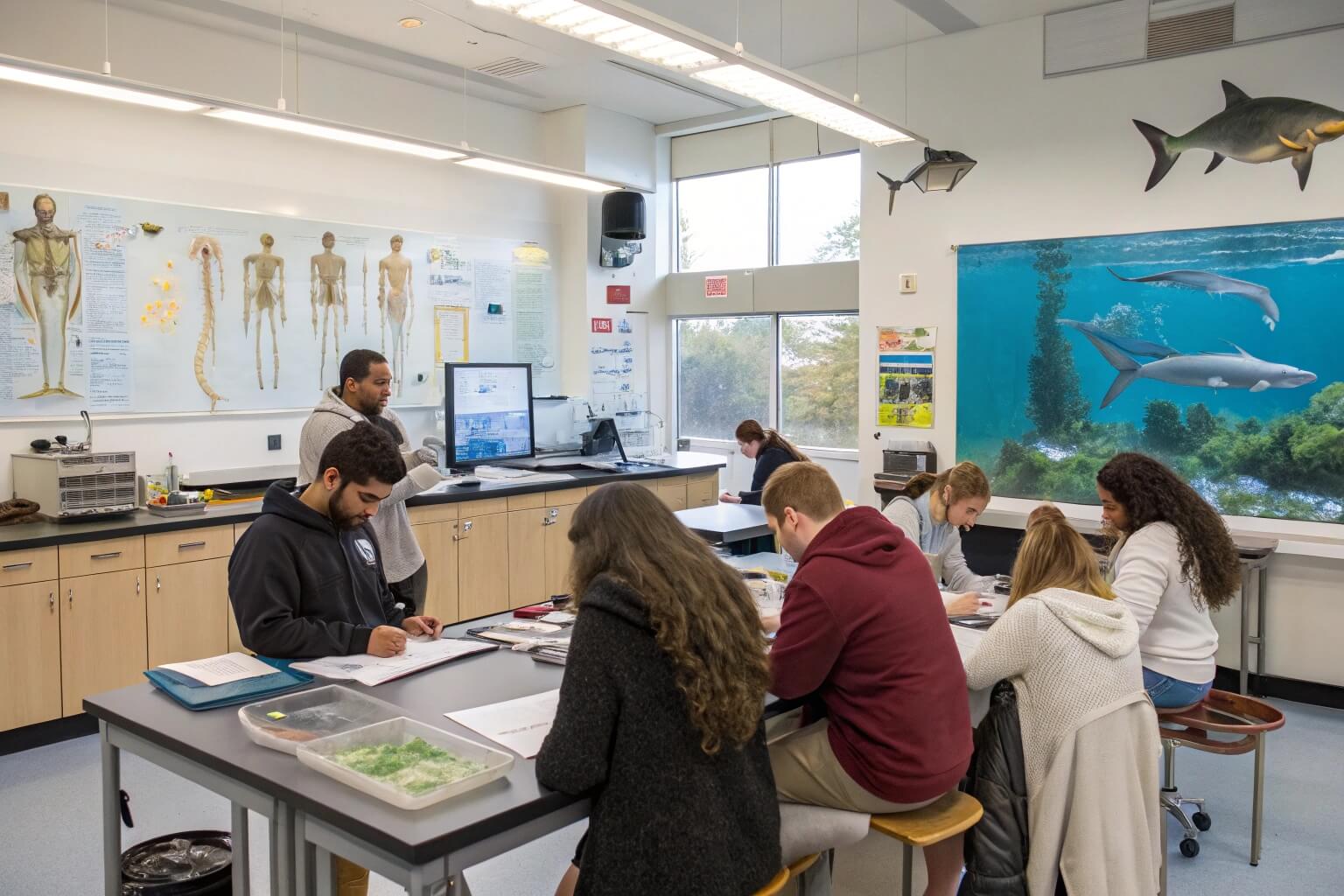
The educational journey into aquaculture can take many forms. It really depends on what role you see yourself in and how deep you want to go into the science or management side of things.
Educational Pathways to Becoming an Aquaculturist
Various educational routes can lead to a fulfilling career in aquaculture, tailored to different career aspirations and levels of specialization.
Formal Degree Programs
Many people in the field pursue formal degree programs. A Bachelor of Science (BSc) in Aquaculture13, Fisheries Science, or Marine Biology is a common starting point, especially for those aiming for technical or farm management roles. These degrees provide a strong scientific foundation. For those interested in research, specialized consulting, or academic positions, a Master of Science (MSc)14 or even a PhD might be the path. From my perspective, while a degree offers a solid base of knowledge, I always emphasize that practical experience is just as vital. I’ve met highly successful farm owners who started their journey with focused vocational training15 rather than a full university degree.
Vocational Training and Certifications
If you’re keen to get into the practical side of farming more quickly, vocational training and certification programs16 are excellent choices. These are often shorter and more focused on specific, hands-on skills like hatchery management, water quality control17, or particular farming techniques for certain species. They can be a very direct route into farm operations and technician roles. These programs equip you with the immediate skills needed on a farm.
The Role of Internships and Workshops
Regardless of your formal education level, gaining real-world experience through internships is absolutely key. This is where you apply what you’ve learned and see how things truly work. Workshops also play an important role by offering specialized knowledge on emerging topics, new technologies, sustainable practices18, or even innovative equipment. For instance, understanding how to best utilize durable and adaptable systems, like Bancy’s collapsible fish tanks, for various aquaculture applications might be covered in such a workshop, providing practical, up-to-date knowledge.
Here’s a look at some education options and their typical career focus:
| Education Level | Typical Focus | Potential Roles |
|---|---|---|
| Certificate/Diploma | Practical farm skills, specific techniques | Farm Technician, Hatchery Assistant |
| Associate’s Degree | Broader technical knowledge, some science | Assistant Farm Manager, Lab Technician |
| Bachelor’s Degree | In-depth science, management principles | Farm Manager, Biologist, Consultant |
| Master’s/PhD | Advanced research, specialization | Researcher, Senior Scientist, Policy Advisor |
I suggest you research programs that align with your career goals and your preferred learning style. There’s no single right answer; it’s about finding the best fit for you.
How long does it take to become an aquaculturist?
Eager to start your aquaculture journey but curious about the timeline? Wondering how long until you’re a qualified aquaculturist making a real impact? This gives you an idea.
Becoming an aquaculturist can take anywhere from a few months for entry-level roles with on-the-job training, to four or more years for positions that require a bachelor’s or advanced degree and significant experience.
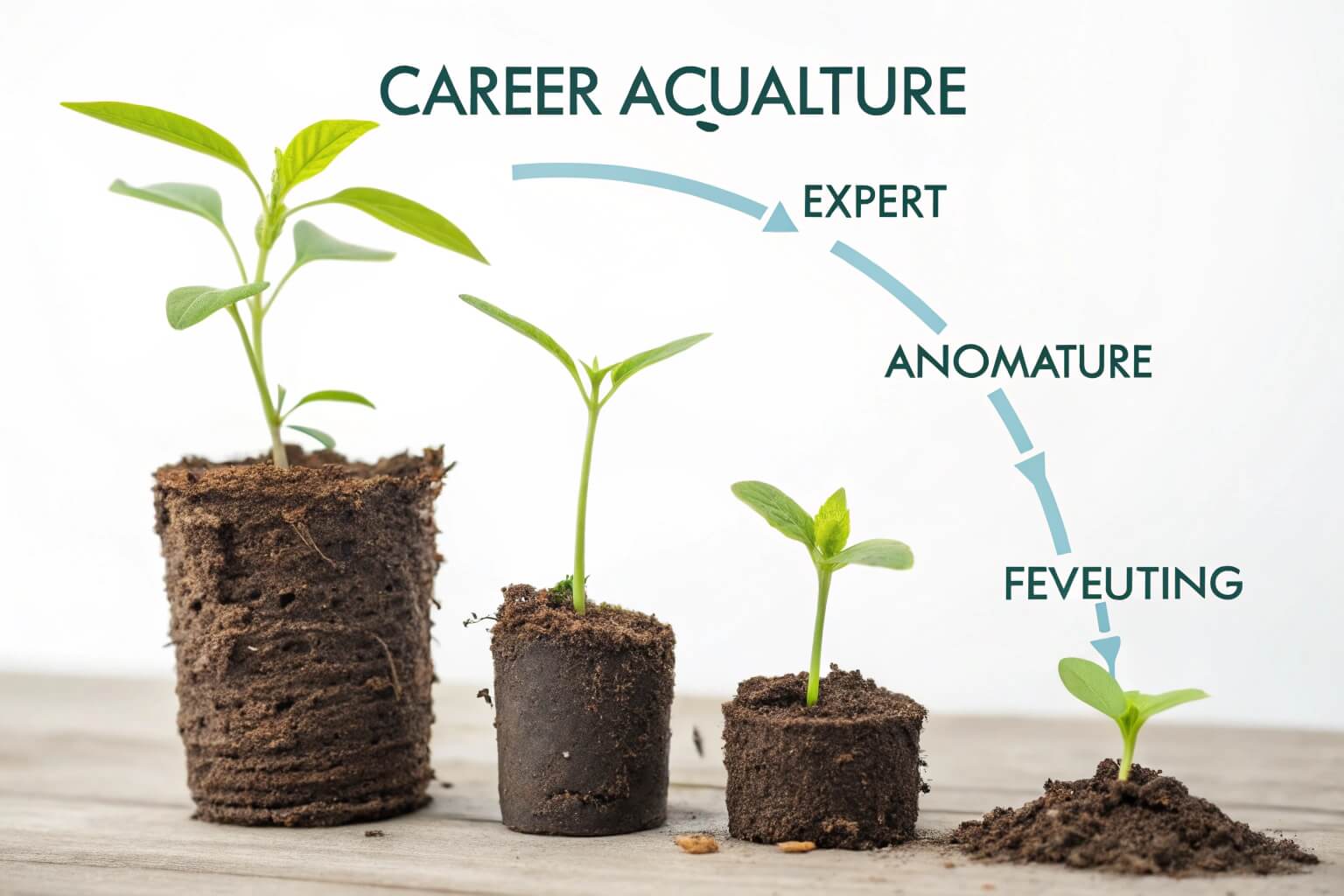
The time it takes to establish yourself in aquaculture really varies. It’s not a one-size-fits-all answer, as it depends heavily on the specific role you’re aiming for and the educational path you choose.
Timeline: Your Journey to Becoming an Aquaculturist
The duration to become an aquaculturist varies based on your chosen educational path, the complexity of the role you target, and the experience you accumulate.
Entry-Level and Vocational Routes
If you’re looking to get started quickly, entry-level positions or roles that primarily require vocational training can be a faster track. Short courses focusing on specific skills, combined with on-the-job training, can prepare you for technician-level roles within months to a year. These paths emphasize practical application from day one. I’ve seen individuals become quite competent in specific farm tasks relatively quickly. For instance, learning to efficiently set up and manage a series of Bancy collapsible fish tanks for a particular breeding cycle can be mastered with focused training and hands-on practice in a season.
Degree-Based Paths
For those pursuing formal degrees, the timeline naturally extends. An Associate’s Degree in an aquaculture-related field typically takes about two years. A Bachelor’s Degree19, which often opens doors to management or more specialized technical roles, usually requires four years of full-time study. If your ambitions lie in research, advanced science, or academia, a Master’s degree will add another two years or so, and a PhD can take an additional three to five years beyond the Bachelor’s.
Continuous Learning and Experience
It’s important to remember that becoming truly proficient and recognized as an experienced aquaculturist is an ongoing process. The initial education or training is just the beginning. Gaining diverse experience20 across different species, farming systems, or even geographical regions significantly adds to your expertise over time. The aquaculture industry is also constantly evolving with new technologies and methods, so a commitment to continuous learning21 throughout your career is essential. The clock doesn’t stop once you get your first job; it’s about lifelong development.
Here’s a general idea of estimated timeframes:
| Role Level | Education/Training Path | Estimated Time |
|---|---|---|
| Farm Hand/Technician | Vocational training / On-the-job | 6 months – 1 year |
| Assistant Manager | Associate’s or Bachelor’s + experience | 2-4 years |
| Farm Manager | Bachelor’s degree + solid experience | 4-7 years |
| Specialist/Researcher | Master’s or PhD + experience | 6-10+ years |
My best advice is to set realistic expectations for your timeline based on the type of role you’re targeting and be prepared to invest the necessary time in learning and gaining experience.
Conclusion
Gaining aquaculture skills is a journey of education, hands-on work, and continuous learning. It’s a truly rewarding field, full of opportunities to make a difference.
- Exploring aquaculture resources can provide insights into career opportunities and industry trends, helping you make informed decisions. ↩
- Understanding career options with a marine biology degree can guide your educational choices and future job prospects. ↩
- Discover how internships and volunteer opportunities can provide crucial experience and networking in the aquaculture field. ↩
- This link will provide insights into the benefits of Bancy tanks, showcasing their practicality for beginners in fish care. ↩
- Explore this link to discover various entry-level positions in aquaculture that can kickstart your career in the industry. ↩
- Learn about apprenticeship opportunities that offer hands-on experience and mentorship in the aquaculture field. ↩
- Discover the importance of technical know-how in aquaculture and how it contributes to effective management of aquatic environments. ↩
- Explore this link to learn essential techniques for maintaining optimal water conditions in aquaculture, crucial for fish health and productivity. ↩
- Discover the advantages and operational insights of RAS, a cutting-edge method in sustainable aquaculture practices. ↩
- Understanding critical thinking can significantly boost your decision-making abilities, making it a vital skill for success in business. ↩
- Learn why adaptability is essential for thriving in a rapidly changing business landscape and how to cultivate this skill. ↩
- Understanding manual dexterity can enhance your skills in aquaculture, improving your efficiency and effectiveness in handling organisms and equipment. ↩
- Exploring this link will provide insights into the advantages and career opportunities of pursuing a BSc in Aquaculture. ↩
- This resource will help you understand the diverse career paths and benefits of obtaining an MSc in Marine Biology. ↩
- Discover how vocational training can lead to successful careers in aquaculture, often without a traditional degree. ↩
- Explore how vocational training can fast-track your farming career with practical skills and certifications. ↩
- Discover the significance of water quality control in farming for healthier crops and livestock. ↩
- Discover innovative sustainable practices in aquaculture that can improve efficiency and environmental impact, essential for future-focused careers. ↩
- Discover the various career paths available with a Bachelor’s Degree in aquaculture, which can lead to management and specialized roles. ↩
- Learn how gaining experience across various species and systems can enhance your skills and career in aquaculture. ↩
- Discover the significance of lifelong learning in aquaculture to stay updated with industry advancements and improve your expertise. ↩

